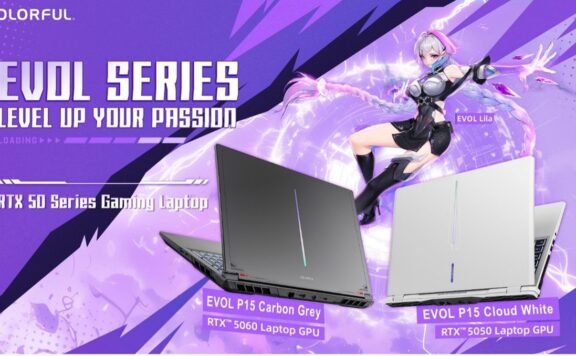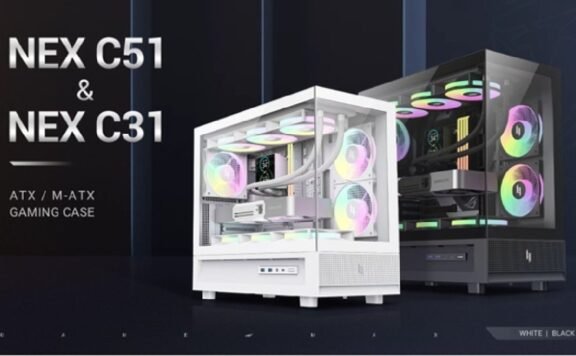Today, Intel is launching a first-of-its kind processor: the 8th Gen Intel Core processor with Radeon RX Vega M Graphics. Packed with features and performance crafted for gamers, content creators and fans of virtual and mixed reality, it expands Intel’s portfolio thanks to its optimization for small form factors like 2 in 1s, thin and light notebooks, and mini PCs.

Intel Corporation is introducing the 8th Gen Intel Core processor with Radeon RX Vega M Graphics in January 2018. It is packed with features and performance crafted for gamers, content creators and fans of virtual and mixed reality.
Among the devices launching with this processor: new thin and lightweight 2-in-1s from Dell and HP as well as the most powerful NUC Intel has ever introduced. The new 8th Gen Intel Core processor will come in two configurations:
- 8th Gen Intel Core processor with Radeon RX Vega M GL Graphics (65W total package power)
- 8th Gen Intel Core processor with Radeon RX Vega M GH Graphics (100W total package power), which features an unlocked configuration
Intel first shared initial details about this new addition to the 8th Gen Intel Core processor family in early November. It brings together the Intel quad-core CPU, Radeon RX Vega M graphics and 4GB of dedicated HBM2 using Intel’s Embedded Multi-Die Interconnect Bridge (EMIB) technology. EMIB acts as a high-speed intelligent information bridge between the GPU and HBM2 and reduces the usual silicon footprint to less than half that of discrete components implemented separately.
With this space savings, OEMs have more freedom and flexibility to create innovative thin and light devices. For example, many 3-year-old systems weigh nearly 3.17-kgs, last a mere four hours and are more than 32 mm thick. With this new processor, enthusiast devices are slimmed to under 17 mm and can run up to eight hours on a single charge, while still delivering next-level performance. This, combined with the new real-time power sharing framework and software drivers, is a prime example of hardware and software innovations intersecting to create new possibilities.
The new 8th Gen Intel Core processor with Radeon RX Vega M graphics delivers a top-of-the-line experience to gamers and VR enthusiasts. This includes up to three times the frames per second on thinner, lighter and smaller devices compared with similar systems from three years ago and up to 40 percent compared with current discrete graphics. Now, gamers can play the latest titles like “Vermintide 2” in high resolution on the go or in their living room with smooth motion and vivid colors, all as part of a truly immersive gaming experience.
Content creators can also do more with this new processor, whether it’s creating 3D images from scratch, editing videos seamlessly at home or on the go, or using the most popular creative applications. Compared with a 3-year-old PC with discrete graphics, content creation with Adobe Premier Pro is 42 percent faster. Imagine the combined flexibility and performance enabled with this new processor for content creators in the growing 2 in 1 form factors for PCs.
With the performance and graphics capability to run everything from Windows Mixed Reality headsets to Oculus, consumers have the options of which reality fits them best – whether they want to watch live sports and movies, explore famous landmarks or play VR games – all on a PC that is sleek, thin and smaller than they expect.
In addition to the Intel NUC and new Dell and HP devices, this new 8th Gen Intel Core processor will enable a gaming cloud solution brought on by Artesyn and Gamestream. But this is only the start of what’s coming with the 8th Gen Intel Core product portfolio this year. Expect to see more from Intel on the high-end performance notebook segment, the Intel Core H-series, Intel Optane memory coming to 8th Gen Intel Core mobile devices for the first time and more details on 8th Gen Intel Core vPro platform for businesses.






